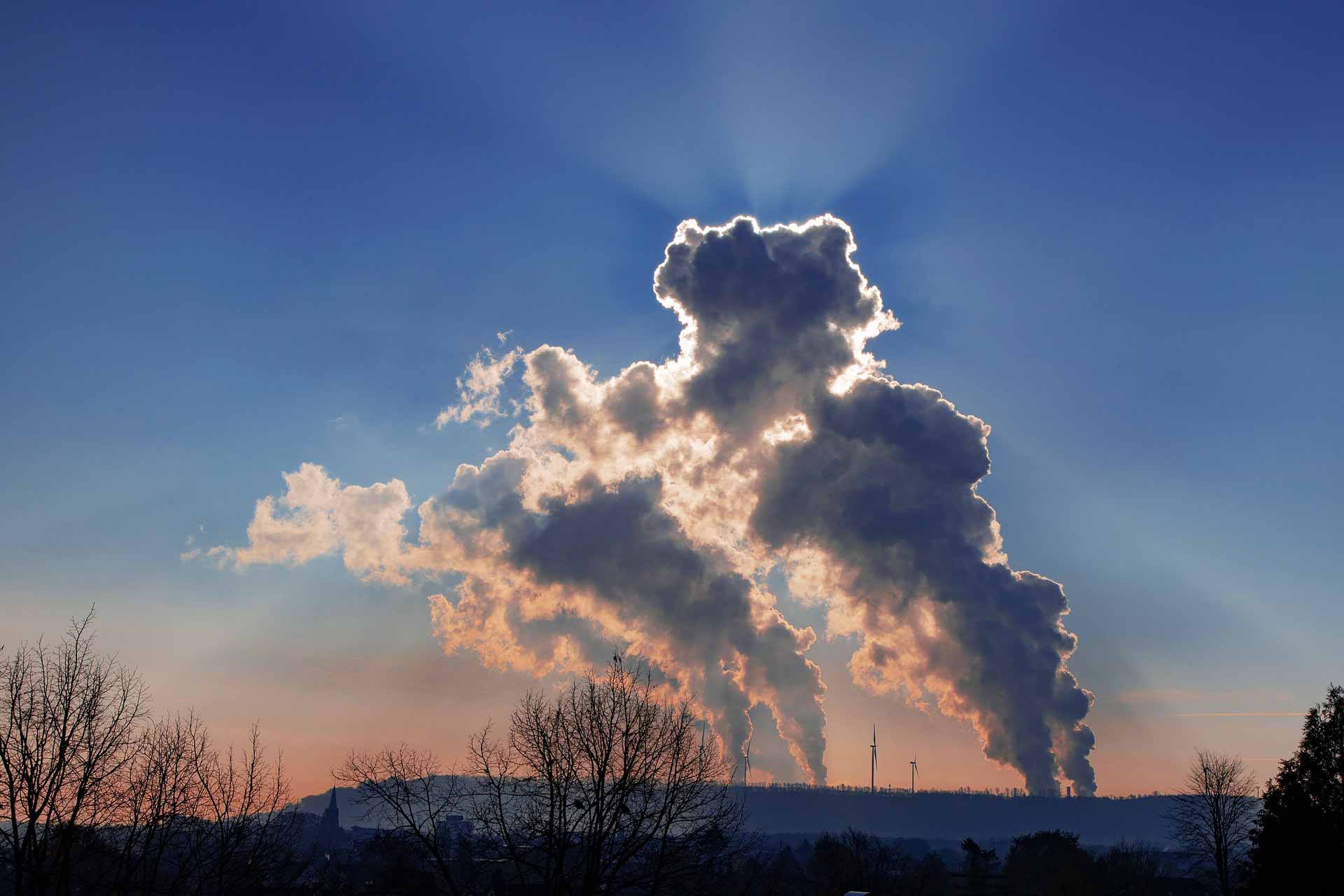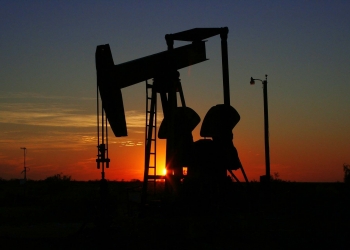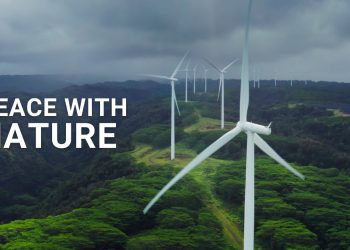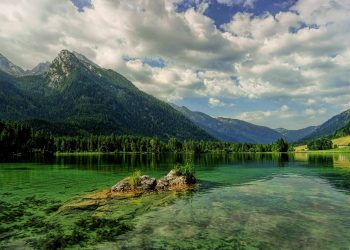The Paris Agreement is a bridge between today’s policies and climate-neutrality before the end of the century. This week marks the anniversary of not one but two historic international agreements signed in Paris. The Paris climate pact is 5 years old. Is it working?
The 5th anniversary of the Paris Agreement is a moment to take stock of what has been achieved and to refocus on the challenges that remain. OECD turns 60 this week and it is a chance to reflect on how the OECD can serve further support. OECD members and key partners seek to drive global action on climate change while also recovering from the COVID-19 crisis.
When world leaders gathered in Paris in 2015, they succeeded in agreeing a comprehensive, ambitious and universal global agreement on climate change. The Paris Agreement established the goals and the framework for accelerating climate action in three main areas:
- reducing emissions to limit global temperature rise to well-below 2°C, even to 1.5°C;
- enhancing resilience and adaptive capacity; and
- making finance flows consistent with low-emissions and climate-resilient development pathways.
For the first time, the Paris Agreement gave equal political priority to adapting to climate change and reducing emissions. This was a major step forward in recognising the existential threat posed by climate change for large parts of the world’s population.
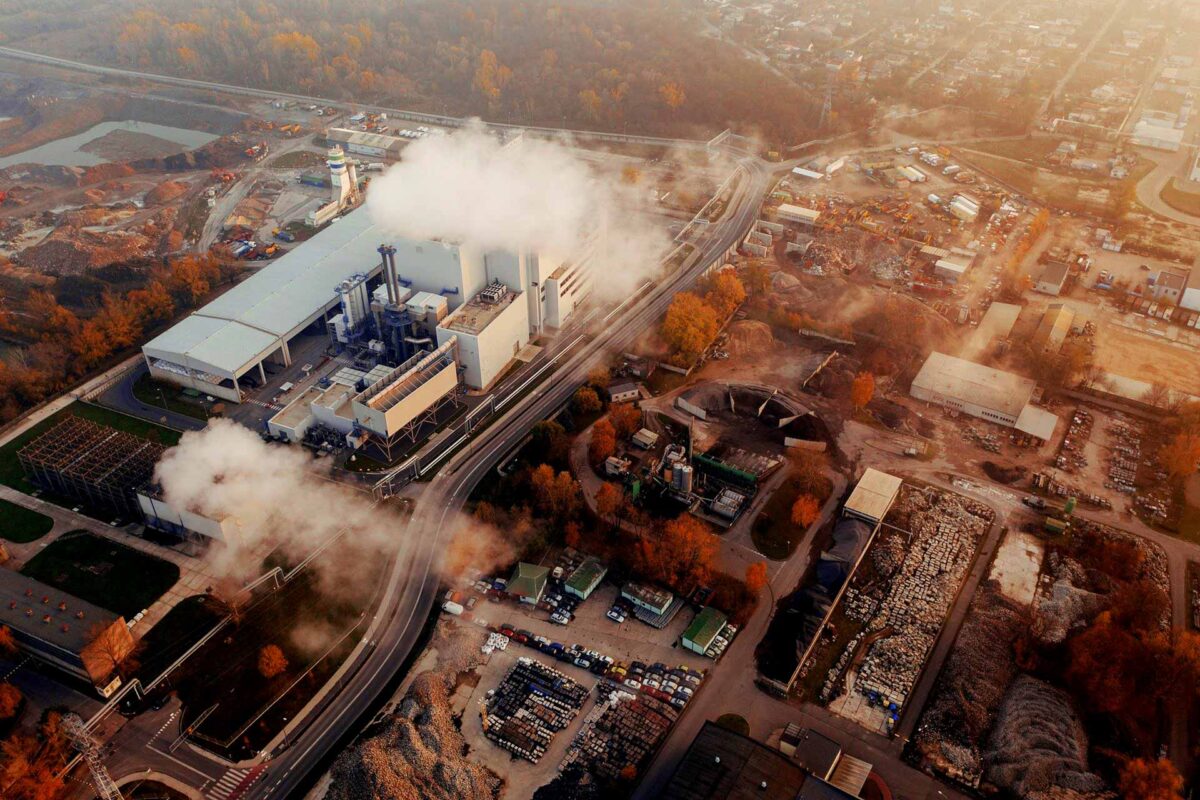
The Paris Agreement sets out global goals
The Paris Agreement sets out a global framework to avoid dangerous climate change by limiting global warming to well below 2°C and pursuing efforts to limit it to 1.5°C. It also aims to strengthen countries’ ability to deal with the impacts of climate change and support them in their efforts. The Paris Agreement is the first-ever universal, legally binding global climate change agreement. It was adopted at the Paris climate conference (COP21) in December 2015.
The EU and its Member States are among the close to 190 Parties to the Paris Agreement. The EU formally ratified the agreement on 5 October 2016, thus enabling its entry into force on 4 November 2016. At least 55 countries representing the 55% of global emissions had to deposit their instruments of ratification.
The temperature goal was a major breakthrough in ambition. As the special report by the Intergovernmental Panel on Climate Change subsequently made clear, even 1.5°C of warming carries significant risks. Temperatures are hitting record levels and many developing countries have been hit by devastating cyclones this year. We are sleepwalking into a catastrophe if we let climate change rise unchecked. We are on a collision course with nature.
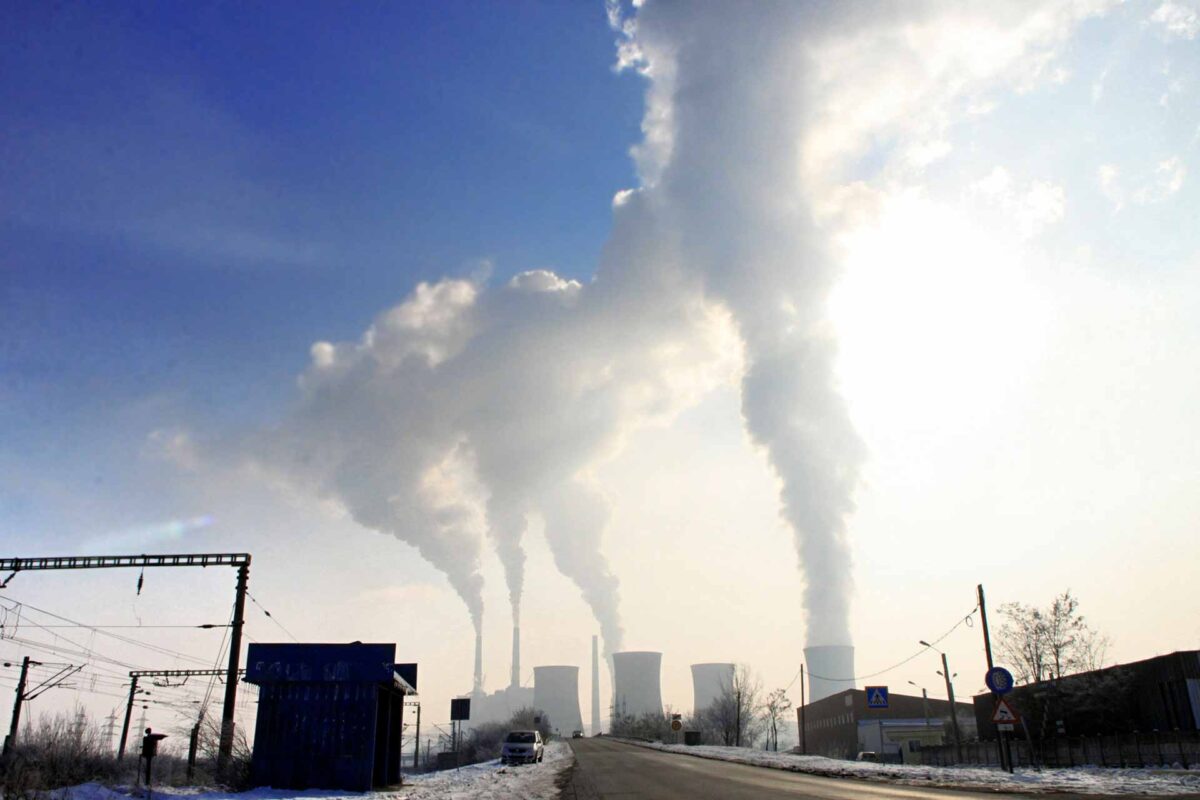
Despite progress, atmospheric CO2 concentrations continue to increase
The Paris Agreement has proven to be remarkably resilient, and there have been encouraging signs of action. We have witnessed a notable acceleration of countries, cities, regions and companies announcing targets for net-zero emissions by 2050 including (so far) 21 OECD countries. The international community comes together around the concept of net-zero. If achieved, these goals would bring the Agreement’s upper bound temperature stabilisation objective firmly into view for the first time. Nevertheless, atmospheric CO2 concentrations continue to increase. There is no time for hesitation.
Long-term targets are only as good as the policies put in place to achieve them, and that is where we have been falling short. While emissions will fall heavily this year because of the recession, the IPCC tells us that to stand a good chance of limiting warming to 1.5°C, emissions must continue to fall at nearly the same rate every year until 2030. Despite progress, notably on renewable energy, around 70% of C02 emissions are completely unpriced. Governments continue to spend billions on fossil fuel subsidies, with the OECD’s latest estimates at USD 178 billion in 2019 across 50 countries. That represents a 5% year-on-year increase, driven by a 30% rise in production support in OECD member countries.
OECD reports
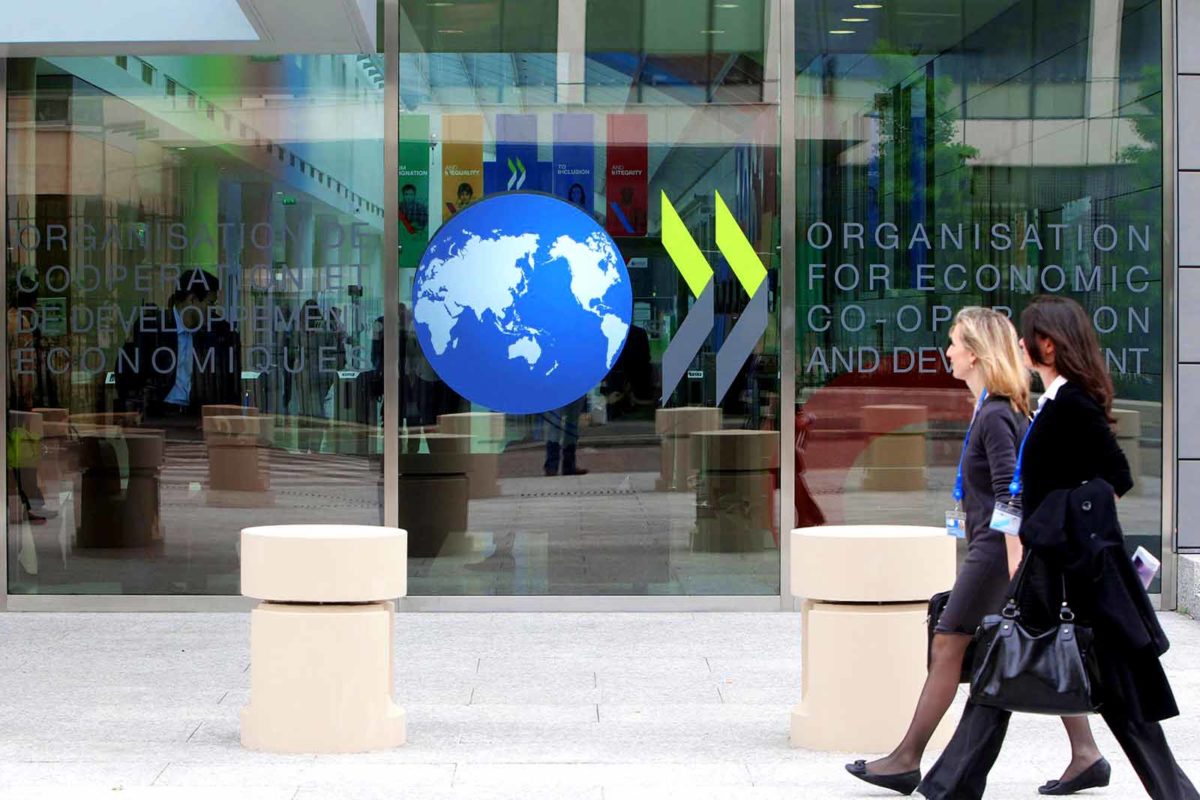
The donor community is still catching up. The OECD’s update on progress by developed countries in providing and mobilising climate finance for developing countries showed steady progress in 2018, totalling USD 78.9 billion in aggregate, up 11% from 71.2 billion in 2017. However, too little of this money was for the most vulnerable, with less than 30% spent on adapting to climate impacts.
Despite progress, we are also still a long way from aligning financial flows with the Paris objectives. Positive developments include the rapid scaling up of instruments such as green bonds, initiatives such as the Task Force on Climate-related Financial Disclosure. Also it includes the development of taxonomies to guide financial decisions, including in the European Union. Nevertheless, the lion’s share of financing is not yet sustainable. OECD estimates that infrastructure climate-compatible would require only a 10% increase in expenditure over known levels.
The next five years of Paris Agreement
In the next five years, countries need to do more to drive the Paris Agreement forward.
First, all countries need to come forward with more ambitious Nationally Determined Contributions (NDCs). They will clarify how these short-term contributions are consistent with their long-term objectives on climate and, more broadly, the Sustainable Development Goals. These plans need to integrate the COVID-19 context and strive to leave no one behind. The OECD’s well-being approach to climate mitigation is an important tool in this regard. Broadly speaking, climate policies, including carbon pricing, need to be ambitious and progressive, putting people at the centre.
Second, we need to accelerate the shift towards a financial system that fully takes into account critical environmental challenges. Great progress has been made on disclosing the risks climate change poses for financial returns (i.e. financially material climate-related risks). However, in order to achieve climate and other environmental objectives, there also needs to be improved disclosure and management of corporates’ impact on the environment (i.e. environmental materiality). A double materiality approach (financial and environmental) is reflected in the EU’s Non-Financial Reporting Directive, as well as the OECD Guidelines for Multinational Enterprises. For finance to be truly environmentally sustainable, the financial markets need globally comparable, high quality data as well as more standardised methodologies.
Third, we need to integrate resilience in our economic development strategies. This year has exposed our vulnerabilities to unexpected global shocks. Also it has underlined the challenge of responding to and recovering from compounding risks, such as extreme weather events during a health crisis. Nature is a key element to build resilience and to address mitigation and adaptation challenges simultaneously. A good example of this is the restoration of mangroves that provide crucial and effective natural carbon sinks, while protecting us against increasing climate-related coastal risks.
Paris Agreement: EU updates and new goals are expected to fight climate change
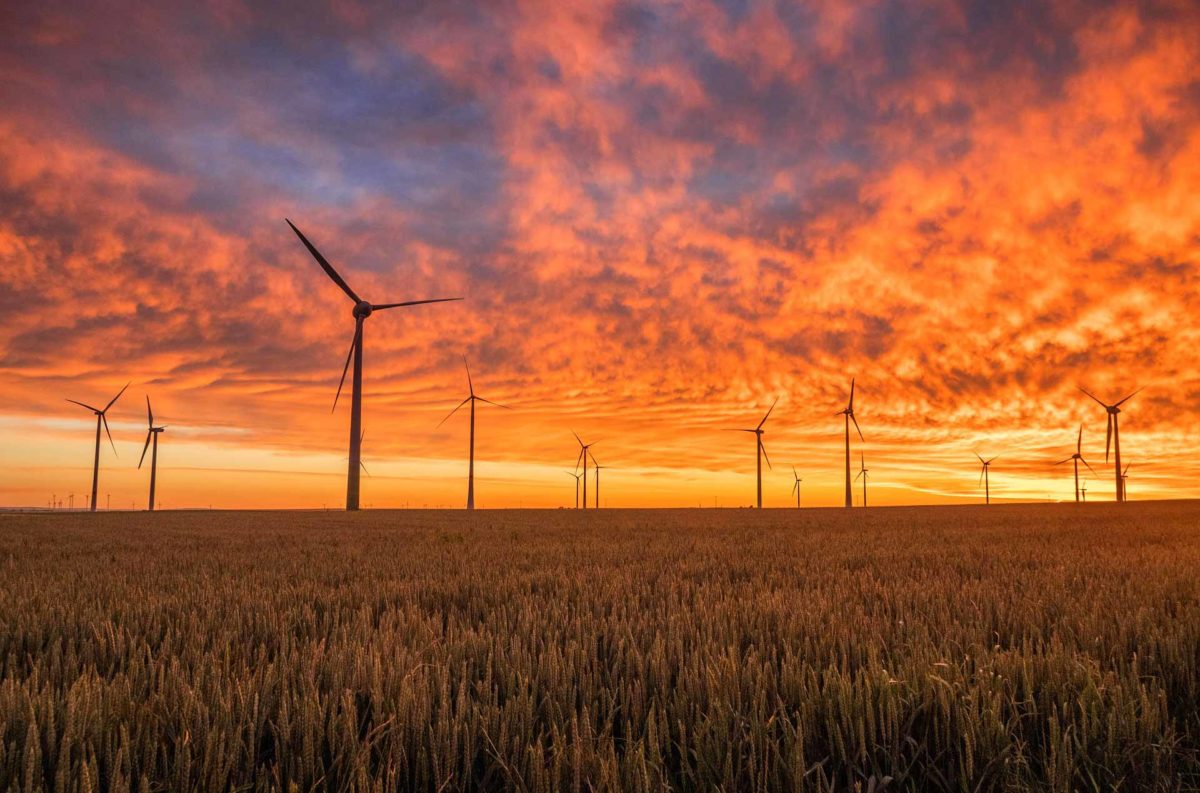
The OECD at 60: A champion of climate action
The OECD has been a pioneer of global environmental policy since the 1970s. Recently, the Organisation has been instrumental in providing evidence that tackling climate change is a global policy priority. It is in the interest of all countries. The OECD has been at the forefront of advising countries on their immediate and longer-term responses to the pandemic. Also the OECD supports by highlighting the opportunities and the imperative of ensuring that economic recovery policies are sustainable.
Looking ahead, the OECD will continue to support governments to fight climate change and preserve biodiversity as they navigate the COVID-19 crisis and engineer the recovery. If we do not seize the opportunity to use the unprecedented scale of stimulus spending to make our economies low-carbon, green, resilient and competitive for the future, our efforts to achieve the Paris Agreement goals may be in vain. The OECD’s country-by-country tracking of recovery measures points to some potentially game-changing investments in a green economy. Nevertheless, so far, the overall balance of funding is still in favour of less sustainable options. More needs to be done before it is too late. The OECD stands ready to help countries to achieve their de-carbonisation objectives. OECD provides an integrated framework and to measure progress through relevant indicators.
2021 – Environmental ‘’super year’’
The year 2021 promises to be the environmental ‘’super year’’ (that 2020 should have been), with major conferences on deserts, climate, biodiversity and the ocean. I call on countries to embrace a revitalised multilateralism that will build the transparency and trust we need to overcome these challenges collectively, with the full support of the OECD. By the time OECD turns 90, we will have reduced global emissions to net-zero.
Angel Gurría, OECD Secretary-General
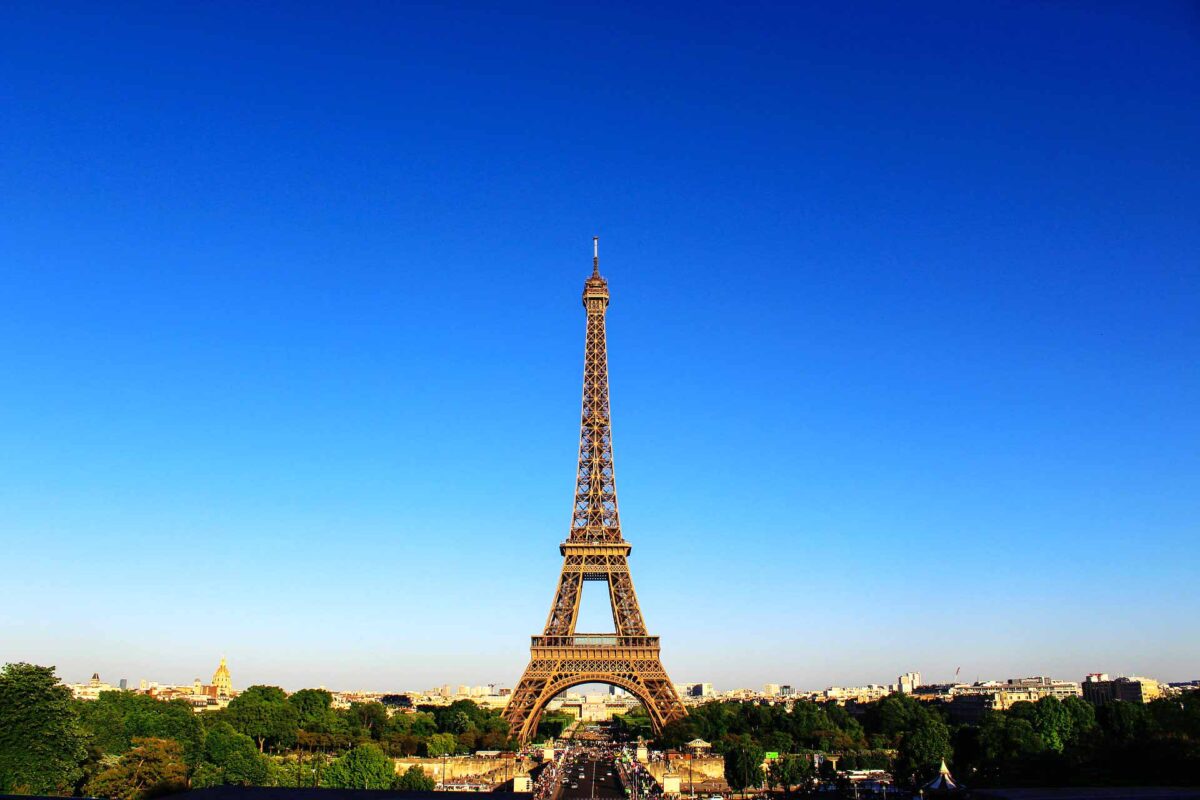
The Paris Agreement is a bridge between today’s policies and climate-neutrality before the end of the century.
Mitigation: reducing emissions
Governments agreed:
- a long-term goal of keeping the increase in global average temperature to well below 2°C above pre-industrial levels;
- to aim to limit the increase to 1.5°C, since this would significantly reduce risks and the impacts of climate change;
- on the need for global emissions to peak as soon as possible, recognising that this will take longer for developing countries;
- to undertake rapid reductions thereafter in accordance with the best available science, so as to achieve a balance between emissions and removals in the second half of the century.
As a contribution to the objectives of the agreement, countries have submitted comprehensive national climate action plans (nationally determined contributions, NDCs). These are not yet enough to reach the agreed temperature objectives, but the agreement traces the way to further action.
Paris Agreement transparency and global stocktake
Governments agreed to:
- come together every 5 years to assess the collective progress towards the long-term goals. They will also inform Parties in updating and enhancing their nationally determined contributions;
- report to each other and the public on how they are implementing climate action;
- track progress towards their commitments under the Agreement through a robust transparency and accountability system.
Paris Agreement – Adaptation
Governments agreed to:
- strengthen societies’ ability to deal with the impacts of climate change;
- provide continued and enhanced international support for adaptation to developing countries.
Climate Loss and Damage
The agreement also:
- recognises the importance of averting, minimising and addressing loss and damage associated with the adverse effects of climate change;
- acknowledges the need to cooperate and enhance the understanding, action and support in different areas such as early warning systems, emergency preparedness and risk insurance.

